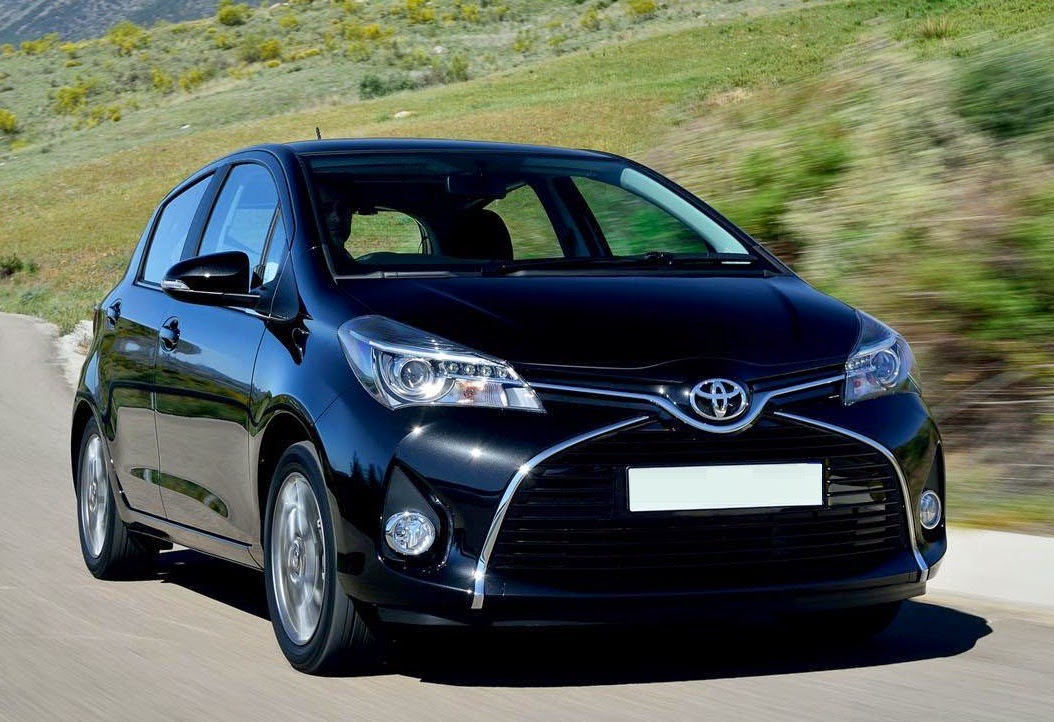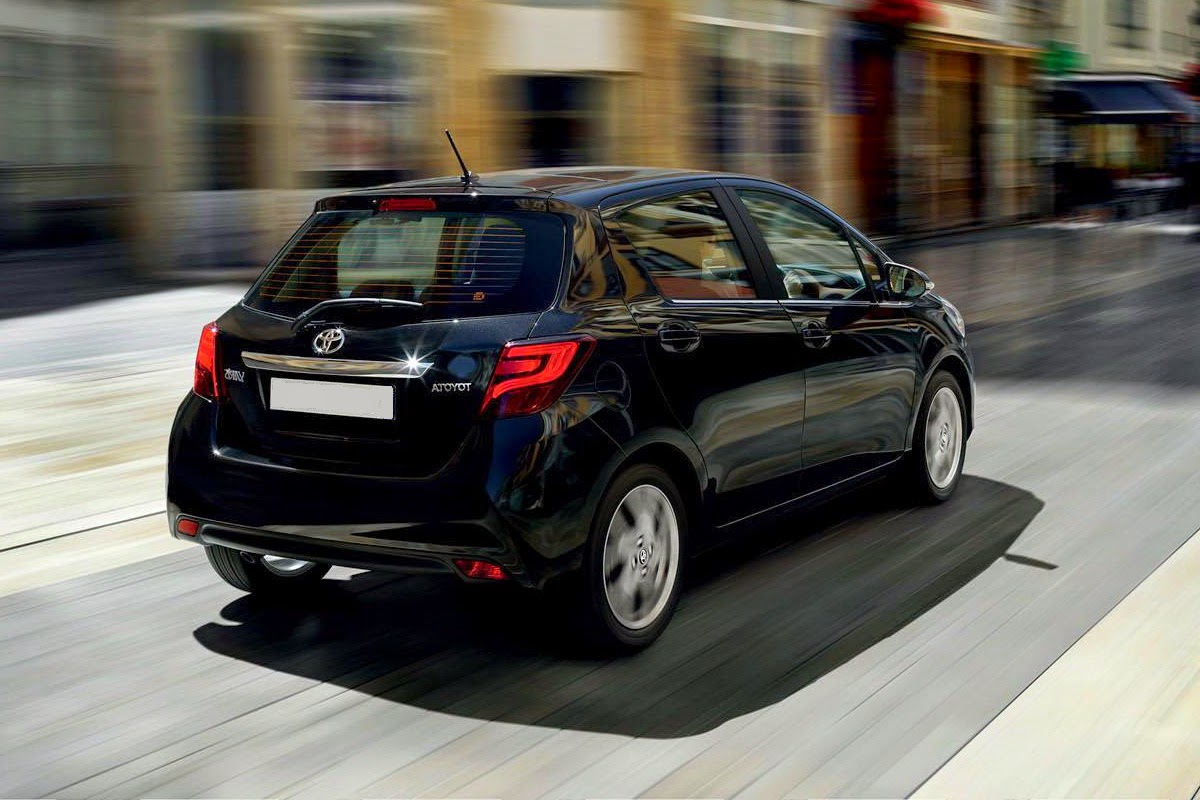• European Hybrid market is steadily growing
• Uniquely smooth, quiet and entirely intuitive driving experience
• 6 out of 10 Toyota hybrid customers represent a conquest sale
Europe is the world’s fastest growing hybrid market. Sales increased by 34% in 2013, with the region accounting for 12% of total global hybrid sales.
Over the same period, European sales of Toyota hybrids have risen by some 43%, and 1 in 5 of all Toyota passenger vehicles sold is now a hybrid.

With the universal recognition of hybrid technology as a mainstream powertrain resulting in increasingly strong residual values, the Yaris Hybrid is now afforded equal consideration to petrol and diesel alternatives by potential B-segment customers.
Prior to its launch two years ago, it was inconceivable that a B-segment model with a hybrid powertrain could achieve sales of almost 50,000 units per annum. But the Yaris Hybrid sold 49,774 units in 2013 -making a total of 74,507 sales since its launch in 2012- and is on track to top the 100,000 mark after just two years on the market.
This year, to date, the Yaris Hybrid has accounted for 31% of total Yaris sales in Western Europe. It is the best-selling alternative powertrain in the B-segment, and the second-best-selling car in the entire European alternative powertrain market (EV, Hybrid, PHV and FCV) just behind the Toyota Auris Hybrid.

Despite the fact that over two thirds of Europeans live in cities (a figure due to increase a further 10% by 2050), 74% of them still travel by car, with the resultant congestion and pollution constituting an ever growing issue.

The Yaris Hybrid’s combination of compact, agility-enhancing dimensions and the most efficient powertrain in the B-segment represents the ideal antidote to the stress and frustration of urban driving.

Toyota’s hybrid powertrain offers customers a uniquely smooth, quiet and entirely intuitive driving experience. It delivers strong, seamless acceleration from a standstill and, under electric motor power alone, near-silent running with zero CO2, NOx and particulate emissions.

Through these attributes, all Toyota hybrids not only generate significantly stronger brand loyalty than petrol or diesel powertrains, but also consistently instil greater loyalty to hybrid powertrains themselves than any other manufacturer.

Moreover, the company’s hybrid technology plays a dominant part in attracting new customers to the brand, with 6 out of 10 Toyota hybrid customers representing a conquest sale.

With rival hybrids only now entering diverse market segments, Toyota’s early investment in this technology has enabled it to sustain a clear lead in alternative powertrain technology. And it anticipates that, by 2020, 15% of all passenger vehicles will be equipped with a hybrid powertrain.
To recap, the Yaris Hybrid is powered by a 4-cylinder Atkinson-cycle 1497cc engine; 50mm shorter than the 1.8 litre Prius engine and also 17kg lighter. It includes a cooled exhaust gas recirculation (EGR) system, an electric water pump, a low-friction distribution chain, an intake manifold made of a composite material and a compact exhaust manifold.
In the Atkinson cycle, compression and expansion are asymmetrical. The inlet valves close later than in a traditional Otto cycle, delaying the compression. This creates a higher expansion ratio for less compression, reducing pumping losses and converting combustion energy to engine power more effectively. In addition, the exhaust temperature is lower than that of conventional engines. The cooled EGR system reintroduces cooled exhaust gas into the combustion chamber, also limiting pumping losses and further reducing engine operating temperatures.

